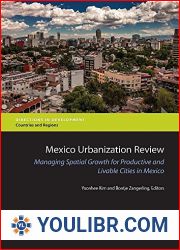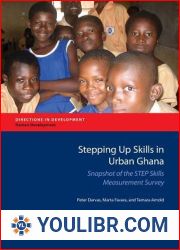
BOOKS - Besieged Leningrad: Aesthetic Responses to Urban Disaster (NIU Series in Slav...


US $7.95

272595

272595
Besieged Leningrad: Aesthetic Responses to Urban Disaster (NIU Series in Slavic, East European, and Eurasian Studies)
Author: Polina Barskova
Year: October 15, 2017
Format: PDF
File size: PDF 37 MB
Language: English
Year: October 15, 2017
Format: PDF
File size: PDF 37 MB
Language: English
During the 872 days of the Siege of Leningrad (September 1941 to January 1944), the city's inhabitants were surrounded by the military forces of Nazi Germany. They suffered famine, cold, and darkness, and a million people lost their lives, making the siege one of the most destructive in history. Confinement in the besieged city was a traumatic experience. Unlike the victims of the Auschwitz concentration camp, for example, who were brought from afar and robbed of their cultural roots, the victims of the Siege of Leningrad were trapped in the city as it underwent a slow, horrific transformation. They lost everything except their physical location, which was layered with historical, cultural, and personal memory. In Besieged Leningrad, Polina Barskova examines how the city's inhabitants adjusted to their new urban reality, focusing on the emergence of new spatial perceptions that fostered the production of diverse textual and visual representations. The myriad texts that emerged during the siege were varied and exciting, engendered by sometimes sharply conflicting ideological urges and aesthetic sensibilities. In this first study of the cultural and literary representations of spatiality in besieged Leningrad, Barskova examines a wide range of authors with competing views of their difficult relationship with the city, filling a gap in Western knowledge of the culture of the siege. It will appeal to Russian studies specialists as well as those interested in war testimonies and the representation of trauma.
















